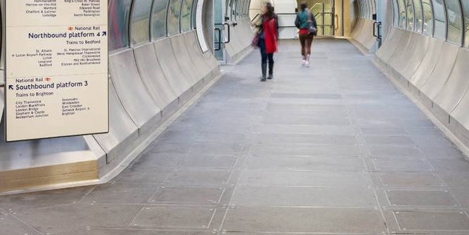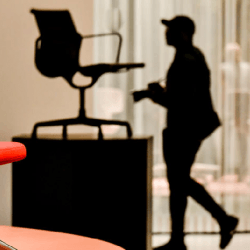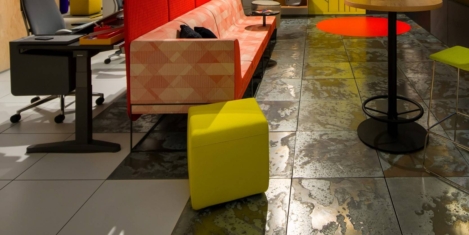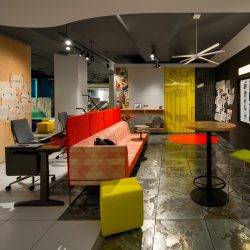To provide the best experiences, we use technologies like cookies to store and/or access device information. Consenting to these technologies will allow us to process data such as browsing behaviour or unique IDs on this site. Not consenting or withdrawing consent, may adversely affect certain features and functions.
The technical storage or access is strictly necessary for the legitimate purpose of enabling the use of a specific service explicitly requested by the subscriber or user, or for the sole purpose of carrying out the transmission of a communication over an electronic communications network.
The technical storage or access is necessary for the legitimate purpose of storing preferences that are not requested by the subscriber or user.
The technical storage or access that is used exclusively for statistical purposes.
The technical storage or access that is used exclusively for anonymous statistical purposes. Without a subpoena, voluntary compliance on the part of your Internet Service Provider, or additional records from a third party, information stored or retrieved for this purpose alone cannot usually be used to identify you.
The technical storage or access is required to create user profiles to send advertising, or to track the user on a website or across several websites for similar marketing purposes.
 London, New York, Los Angeles. These are top three cities in number of coworking centres globally. But as coworking map is evolving rapidly, you might as well read about Warsaw and Prague as new hotbeds for shared offices soon. And the surprising reason behind that is not flexibility, but the power of communities.
London, New York, Los Angeles. These are top three cities in number of coworking centres globally. But as coworking map is evolving rapidly, you might as well read about Warsaw and Prague as new hotbeds for shared offices soon. And the surprising reason behind that is not flexibility, but the power of communities.




















 Thanks to technology and mobility, our work has come home with us. So it’s only fair that home should come to work, right? It would seem logical that if people sit in front of a TV on the sofa at home while they work remotely, employees would be thrilled to have a similar set up within their office. However, in the workplaces where we’ve seen companies install couches and big screen TVs, those work spaces are almost never used by employees. Those companies missed the bigger picture. Home is as much an emotional experience as a physical one.
Thanks to technology and mobility, our work has come home with us. So it’s only fair that home should come to work, right? It would seem logical that if people sit in front of a TV on the sofa at home while they work remotely, employees would be thrilled to have a similar set up within their office. However, in the workplaces where we’ve seen companies install couches and big screen TVs, those work spaces are almost never used by employees. Those companies missed the bigger picture. Home is as much an emotional experience as a physical one.












November 28, 2018
Government treading carefully with proposed plans for gig workers
by Neil Tonks • Comment, Flexible working, Legal news